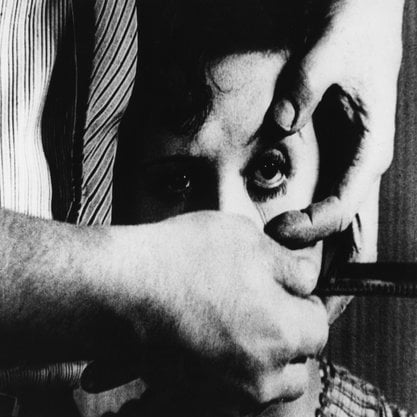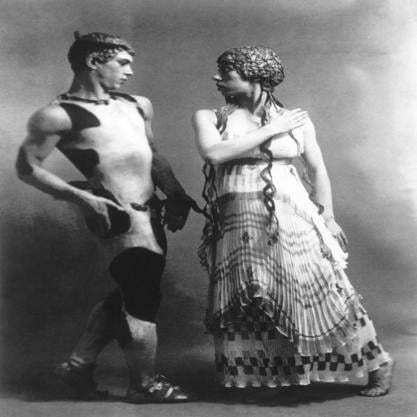Article
Feminist Film By Galindo, Gloria
Article
There is no consensus about what “feminist film” is. A simple definition would be films about women made by women that advance the feminist cause. An early example of the type is The Smiling Madame Beudet [La souriante Madame Beudet] (1922), an impressionist, silent tale of a woman’s psychological and physical confinement. It was directed by Germaine Dulac, the main female filmmaker in 1920s French avant-garde cinema. However, some critics also consider feminist those films that have a female protagonist or deal with women’s matters, regardless of the filmmaker or screenwriter’s gender, as is the case with Thelma and Louise (1991) directed by Ridley Scott. This view contrasts with the practice of film festivals and distributors. The distributor Women Make Films, for example, relies nearly exclusively on female directors, and the London Feminist Film Festival exclusively schedules films by women that deal with feminist issues or are feminist in their representation of women.


